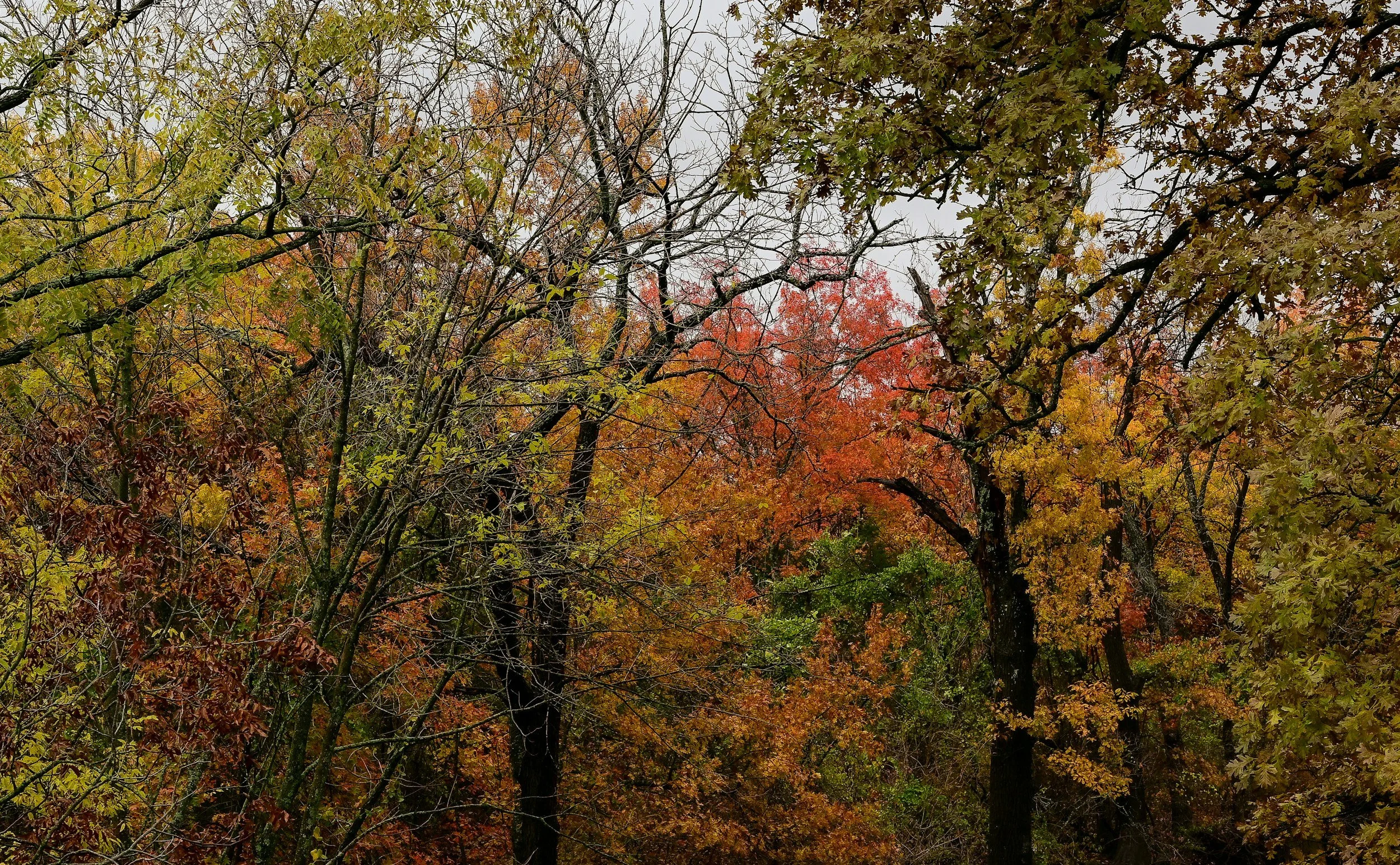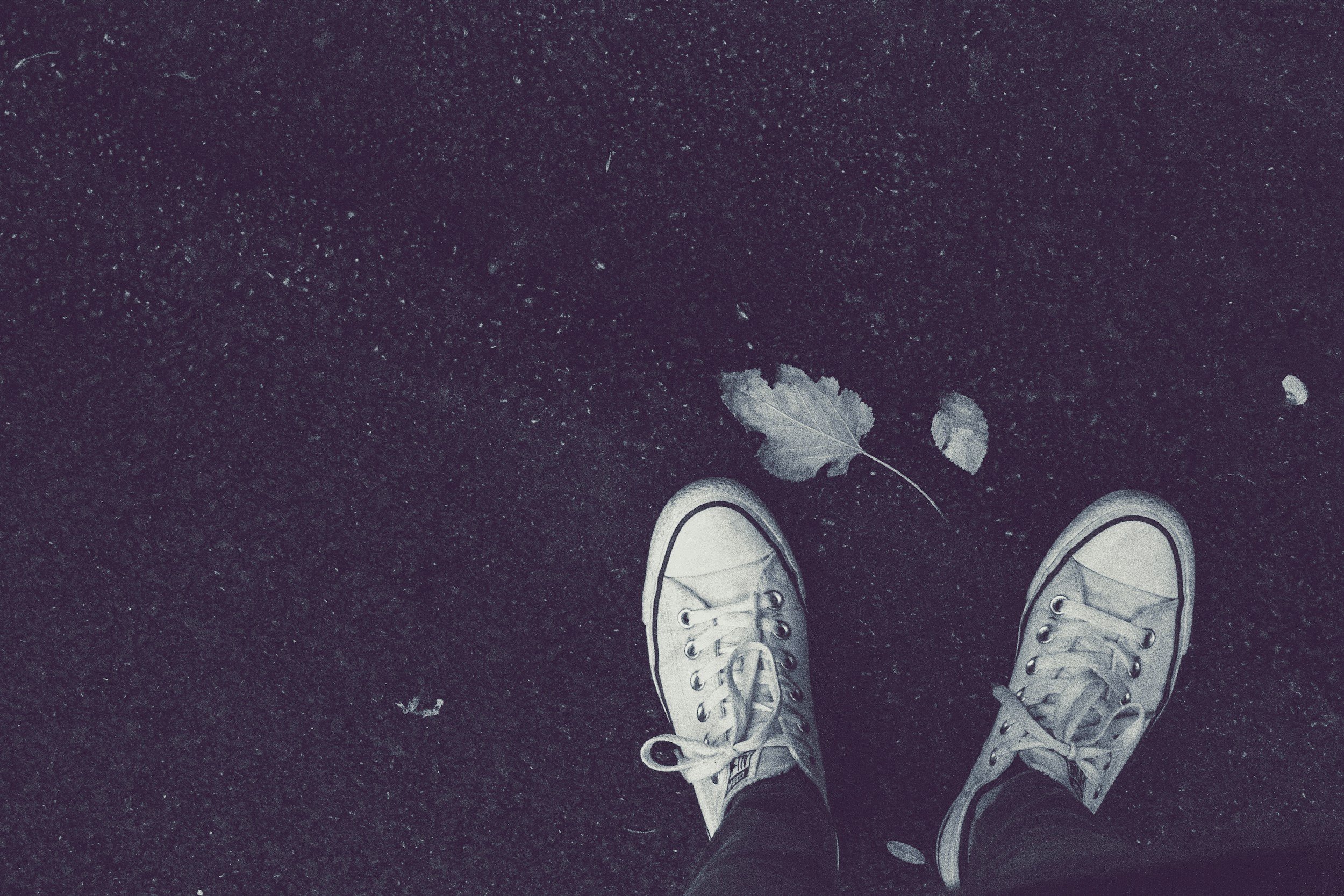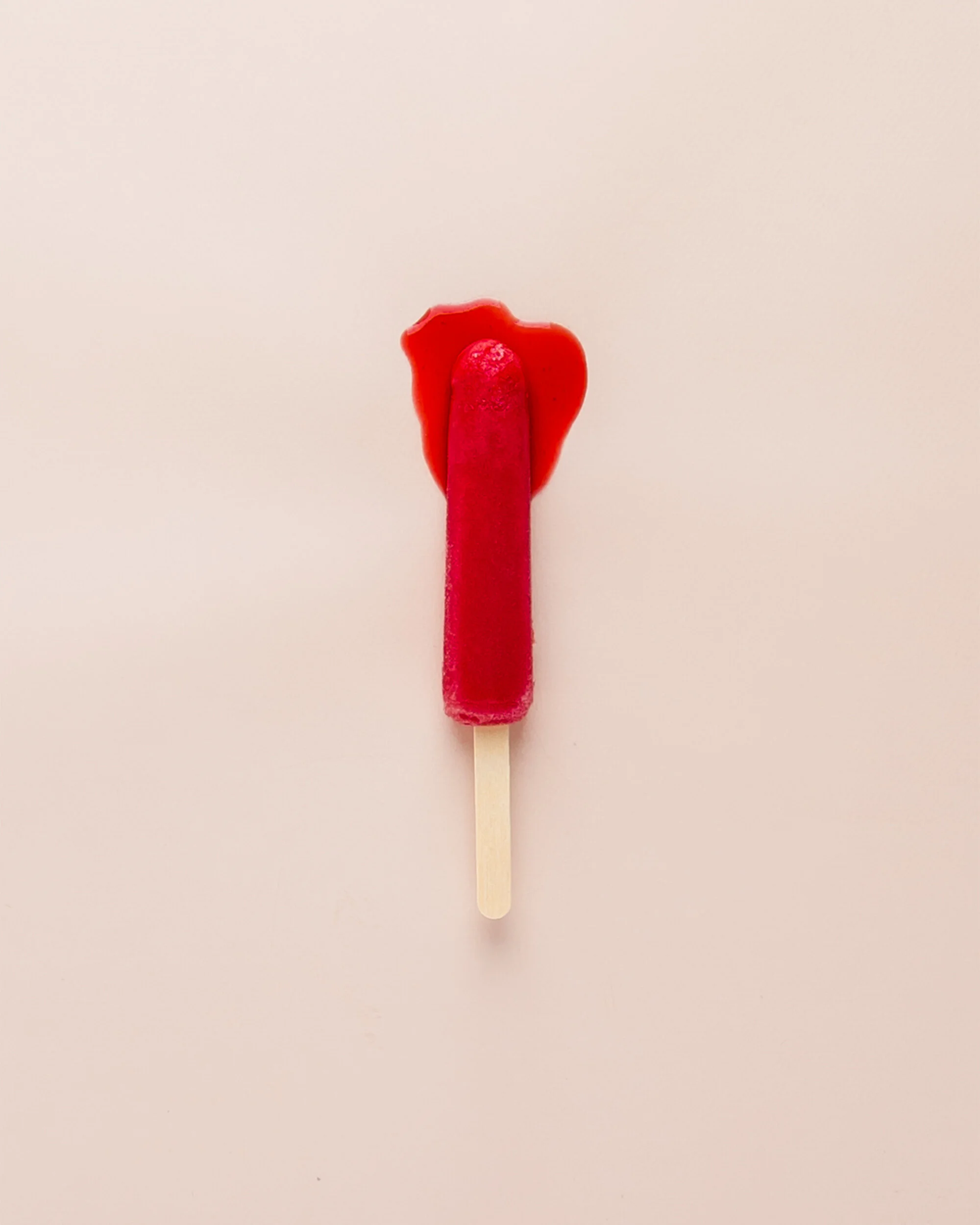The Hungry Days
The sisters were hungry. They’d already eaten the things from the food bank that nobody liked. The weird canned potatoes, the sauerkraut, the can of beets. They’d thrown out the expired items and fed the can of dog food to the dog. The sisters had nibbled on dog biscuits in the past and those weren’t so bad, but they drew the line at wet food.
The sisters were twelve and seventeen. Besides the two of them, there were four younger siblings. Their dad was out of work and their mom didn’t have a job.
The sisters were homeschooled, so they didn’t eat meals at school like the other kids in their neighborhood. It was the day before dad’s unemployment check came in, and there was still a box of corn muffin mix in the cupboard. There was also tomato paste and black olives.
So they made the muffin mix into a pizza crust. All you had to add was water, which they had, because the water hadn’t been shut off for non-payment yet. While the crust baked, they broke the olives into pieces. (Their mom had hidden the kitchen knives.) The girls ate at least half of the olives while they waited.
When the muffin crust was nearly done, they spread the whole can of tomato paste on it. The paste was thick and sweet. The sisters stuck their fingers in the can and scraped up as much as they could, sucking the red off their fingertips. They sprinkled the uneaten olive bits on top of the tomato paste and put the pizza back in the oven to heat the toppings through.
There was no cheese. The only protein they ever got from the food bank was peanut butter and an occasional can of mystery meat (not counting dog food). The peanut butter had run out that morning and so had the store-bought eggs.
Still, their three-ingredient pizza smelled amazing. It smelled divine. They were so hungry their stomachs felt like they had vacuum cleaners inside of them, sucking at their stomachs from the inside, as if a stomach could suck all of the other organs into it for sustenance, as if they could eat their own livers and kidneys and hearts.
The sensation took their breath away, and the sisters wondered if this was what the nineteenth-century romantics meant by wasting away from consumption. Wasting away was so poetic, it was the most feminine thing you could do. The sisters saw this reinforced in their culture all the time. Actresses and pop stars had the waists of heroin addicts and the busts of corseted Victorians. They had glamourous, high-paying jobs and didn’t have to do much besides maintain their figures, unlike the sisters who would soon need to look for jobs in fast food and retail. The problem with jobs was you could only get one if you could afford a car (and insurance, and oil changes, and gas). And who knew when they’d have the cash for that?
The sisters were always waiting. Waiting for their lives to change, waiting for their bodies to find their shapes and their crushes to be returned, waiting for the dubious security of jobs, love, and independence. They harbored no delusions about the longevity of such arrangements. However, they felt they could take better care of themselves than their parents could take care of them. There were six children in the family demanding attention, and they were only two. It was common sense.
Hunger was a kind of waiting, too. Sometimes their hunger felt unbearable, and the sisters imagined themselves languishing like consumptive Victorians, taking the air under a pile of white blankets while they turned gray and translucent as beached jellyfish.
Once in a while, they wondered what it would be like to die.
The oldest sister wrote endless notebooks of poetry, and she loved the authors and musicians who’d died young, like Oscar Wilde and Kurt Cobain. She told herself she wanted to die young, too, because then people would remember her as one of the greats.
The younger sister had already thought about suicide, which was why their mom had locked up the sharp knives. But it didn’t matter. She was going to run away and not have to live under her parents’ stifling rules anymore, so the whole suicide thing could wait. She was working on a slower death with cigarettes and men, the kind of lingering suicide that makes life worthy of an eight-hundred-page novel or a Shakespeare tragedy, things the younger sister had been reading lately. The library was one of the few things in the sisters’ lives that was free.
When the pizza was done, the sisters didn’t wait for it to cool. They couldn’t risk anyone else finding out what they’d made, because then they’d have to share a piece or two or six with their siblings and their parents and then there would only be two pieces left, one for each of them, and now they were far too hungry to have only one piece.
This was the secret of hunger: if we didn’t feed it, it was bearable, but once we started eating just a little bit, licking tomato paste off our fingers or eating a handful of olives, then suddenly our digestive juices kicked into gear and our stomachs growled like motorbikes, revving up gushers of acid. We salivated so much that all we could do was swallow, trying to fool ourselves into thinking we were swallowing something substantive. Meanwhile, the vacuum cleaners in our guts started sucking even harder until our stomachs folded inward, clenched fists around stones of air, our bellies a place so empty of matter they might as well be outer space.
We sisters were starving. We couldn’t wait anymore. We sat on the kitchen floor and sliced the pizza with a blunt table knife. Between the two of us, we ate it all.
It didn’t take long.
-Liz Kellebrew
Liz Kellebrew is the author of Water Signs (Unsolicited Press, 2022). She grew up working class in the Pacific Northwest, where she currently writes essays, short fiction, and poetry. She won The Miracle Monocle Award for Innovative Writing, and she was a finalist for the Calvino Prize. Her work appears in Catamaran, About Place, The Coachella Review, and other journals. Find her on Twitter @KellebrewLiz



















